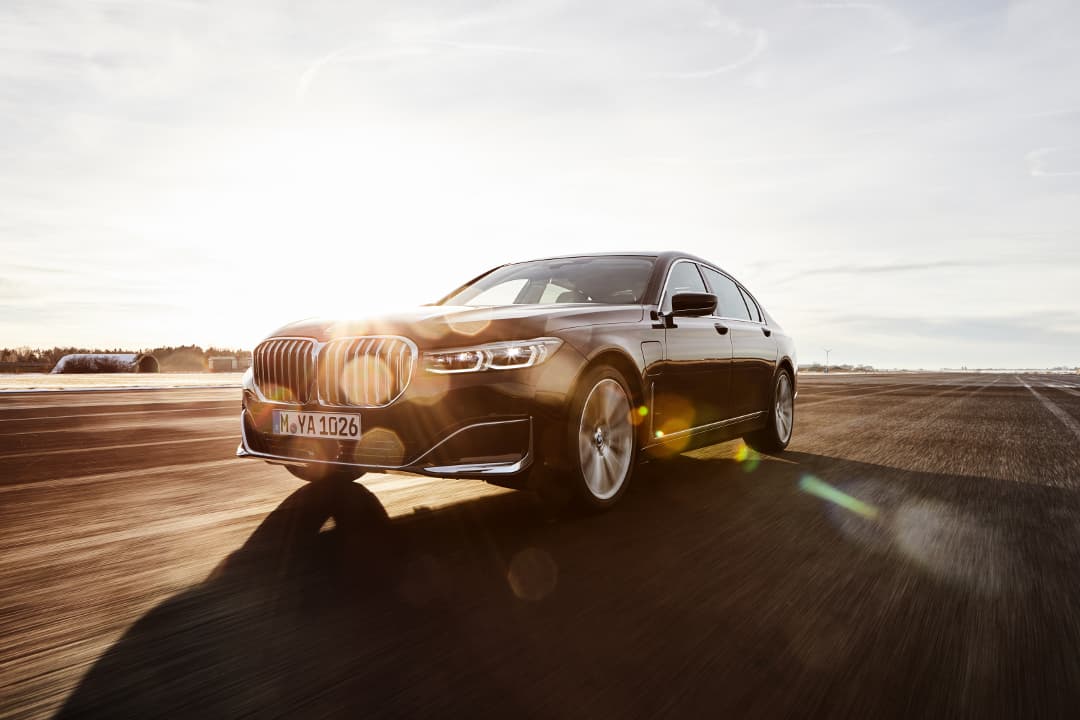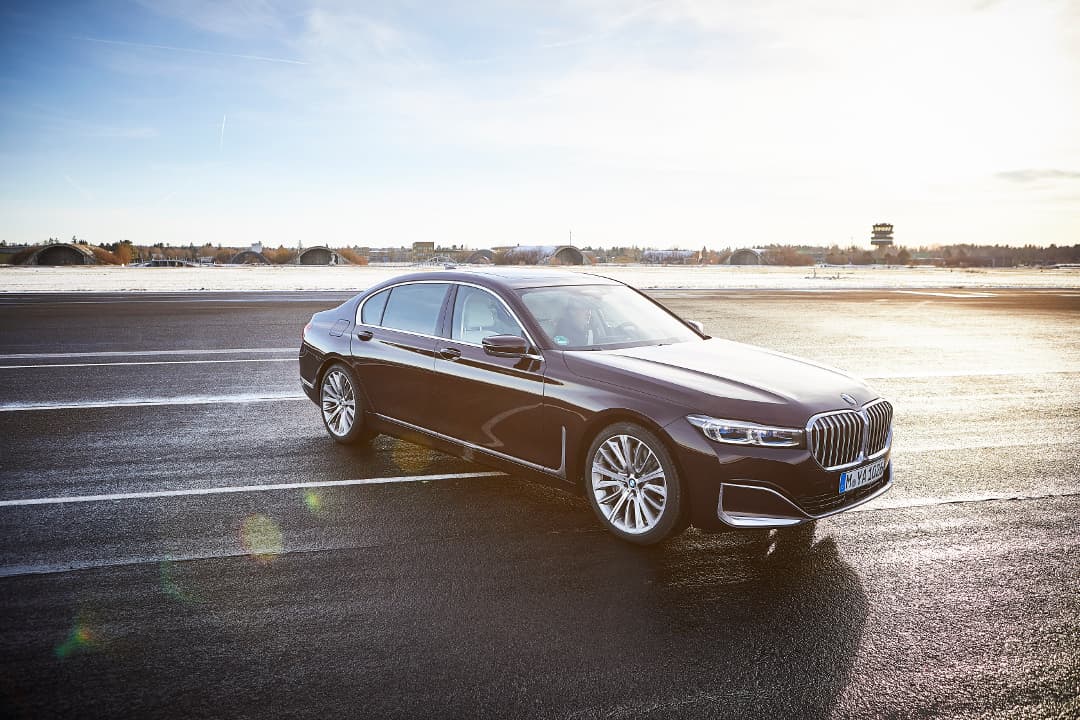7 Series Hybrids Just Got Interesting
https://bvzine.com/link/7-series-hybrids-just-got-interesting
The latest take on the BMW 7 Series — up until now best known for provoking some pretty strong reactions thanks to its mammoth grill — now has a new claim to fame: it's arguably BMW's first genuinely compelling luxury hybrid.
The high-end PHEV sector is one that's historically been dominated more by the likes of Lexus, thanks in no small part to parent Toyota's established hybrid credentials. BMW's efforts until now have often struggled to compete not only against vehicles from other brands, but also against their gas- and diesel-burning stablemates; since downgrading the F04 ActiveHybrid 7 from the 750i's V8 to the 740i's inline six in 2012, PHEV variants have occupied the lower echelons of the 7 Series lineup.
The hybrid 7's lowly status was confirmed with the launch of the G11 7 Series in 2016. The 740e has always been a tough sell, coming as it does with the 2-liter engine from the 730i and a price tag not far short of the obviously more high-end 750i. For anybody looking in the middle ground, paying an $8,000 premium over the 740i — a car which, if model codes are to mean anything, should be in the same ballpark as the 740e — is tough to justify.
Now, though, BMW is looking to right that wrong. Due to arrive this April, the new 745e is, as the name suggests, an improvement over the 740e.
For starters, the 2-liter engine has been replaced with the beefier 3-liter inline-six from the 740i. With a slightly improved electric motor added to the equation that makes for 394 hp, a boost from the 740i's 322 hp. Enough to justify the price jump over its gas-powered sibling? Perhaps.

Of course the hybrid drivetrain is going to give more than just extra horsepower. There's also improved torque — BMW promises up to 443 lb-ft in SPORT mode, considerably more than the 740i's 332 lb-ft — and greater fuel efficiency. Official economy figures are still to come, but BMW's claiming in excess of 100 miles per gallon combined. Take that with a grain of salt, though; the 740e is rated for 64 mpg, so chances are we'll be seeing a more modest improvement on that.
A hybrid isn't much good if you can't rely on the electrics, though, which is a problem the 740e suffered from. A meager 9.2 kWh battery gave it an all-electric range of only 14 miles, increasing the chances of the battery running flat during a trip. In that case, fuel efficiency would drop to 27 mpg — typical of a gas vehicle, but not really why you bought a hybrid. The 745e will pack a larger 12 kWh battery and better energy efficiency to give up to 36 miles of all-electric range.

The 745e is a far more appealing proposal than the 740e across the board. It's a more capable hybrid, and with a more substantial 3-liter engine, it doesn't demand the same performance sacrifices its predecessor did. In fact, performance of the 745e looks like leaning closer to the 750i than the 740i. As, of course, will price, but it might be far easier to justify the extra cost than it was with the 740e.
 By
By